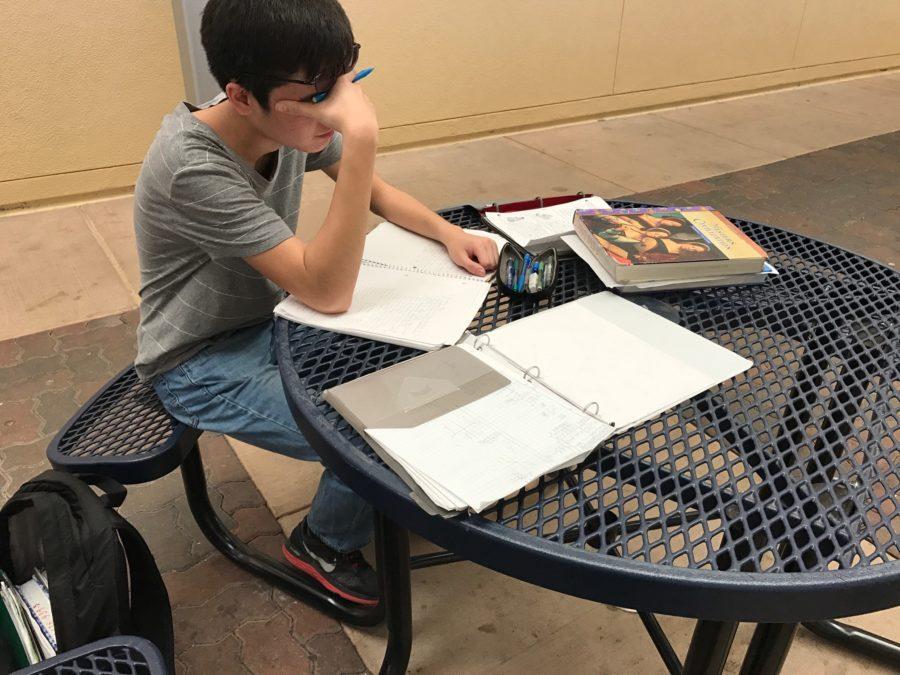On March 12 at 2 a.m., clocks were set one hour ahead due to one of the most dreaded dates on the calendar, Daylight Saving Time. Some students dread this day because it means one less hour of sleep and a messed up sleep schedule while others may see it as a good thing.
In a survey run by the American Academy of Neurology, it discusses the effects of Daylight Saving Time and how it increases the risk of a stroke. The rate of ischemic strokes rose by eight percent during the first two days of Daylight Saving Time.
Jori Ruuskanen, MD, Ph.D., of the University of Turku said, “Previous studies have shown that disruptions in a person’s circadian rhythm, also called an internal body clock, increase the risk of ischemic stroke, so we wanted to find out if Daylight Saving Time was putting people at risk.”
Many students have been affected by the loss of an hour of sleep, with it affecting their biological clock, while others have not been affected by the time change and have been able to adjust to it. Fortunately for some, there was a block schedule the week of the time change, allowing some students to adjust.
Some students have barely felt the effect of the time change.
Yasemin Azizalili, a senior, said, “I already have an unstable and rather unhealthy sleep schedule, so I don’t think the time change has affected me very much. If anything, it’s made it easier for me to stay up doing homework.”
Adjustments are important in order to get accustomed to the change in time.
Andrew Joo, a junior, said, “It hasn’t really affected me that much; it’s basically one hour getting taken away from us so it’s a little inconvenient but I get used to it really quickly.”
Other students have felt the impact of Daylight Saving Time, leaving an impact on their health.
Sophomore Dylan Ramos said, “This week, especially with the block schedule disrupted my sleeping schedule and I haven’t eaten breakfast some days this week.”
With a change in weather and the days feeling a lot longer, students start to enjoy more of the day than usual.
“For sports, there is more light outside later in the day. It is not harder to keep up with school,” said Ramos.
Timeanddate.com discusses the effects of Daylight Saving Time and how it can lead to depression, heart attacks and a disruption in the biological clock. It shows how important it is to establish a sleep schedule and by not establishing one, it can lead to severe health issues.
Kansen Chu, a politician representing the 25th Assembly District (South and East Bay and some regions of the San Francisco Bay Area) introduced the Assembly Bill 807 that could possibly end Daylight Saving Time in California. If Chu’s idea is found appealing to the other districts and Californian voters, the legislature could change Daylight Saving Time or completely end it.
Whether students experienced some trouble at the beginning, Daylight Saving Time is causing students to adjust and become more acclimated to the new change in time.

